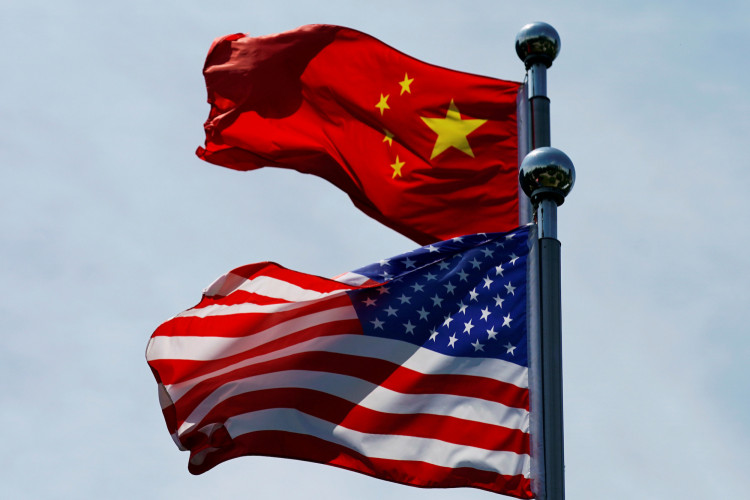In a move to safeguard national interests and technological advancements, the U.S. Commerce Department has finalized regulations aimed at preventing China and other nations perceived as security threats from benefiting from the $52 billion semiconductor manufacturing subsidies.
The decision comes amidst growing concerns over China's rapid advancements in the semiconductor sector, a critical industry that underpins various modern technologies, from smartphones to advanced military systems. The U.S. has been increasingly wary of China's ambitions to dominate the global chip market, which could have significant implications for technological supremacy and national security.
The new rules are designed to ensure that the subsidies, part of a broader U.S. effort to bolster its domestic chip industry, do not inadvertently aid countries or entities that might pose a threat to U.S. interests. The semiconductor industry is capital-intensive, requiring vast amounts of money for research, development, and manufacturing. The U.S. subsidies are intended to level the playing field and ensure that American companies remain at the forefront of chip technology.
However, the global nature of the semiconductor supply chain means that chips, or the technologies used to produce them, can easily end up in countries or in the hands of entities that the U.S. views with suspicion. The new regulations aim to close potential loopholes and ensure that the funding serves its intended purpose.
China has been investing heavily in its semiconductor industry, seeking to reduce its dependence on foreign-made chips. The U.S.-China tech rivalry has intensified in recent years, with both nations recognizing the strategic importance of dominating key technological sectors. The chip industry, in particular, has become a focal point of this rivalry, given its critical role in modern economies and defense systems.
While the specific details of the new rules have not been disclosed, they are expected to lay out clear criteria for companies or entities seeking to benefit from the U.S. subsidies. This could include stringent background checks, detailed reviews of supply chains, and assurances that the technologies or capabilities developed with the aid of the subsidies will not be transferred to countries or entities on U.S. watchlists.
The move is likely to be closely watched by the global semiconductor industry and could prompt other nations to implement similar measures. As the tech cold war between the U.S. and China continues to heat up, the battle for supremacy in the chip industry is set to become even more intense.
The U.S. Commerce Department's decision underscores the strategic importance of the semiconductor sector and the lengths to which the U.S. is willing to go to protect its interests. It remains to be seen how China will respond, but the move is likely to add another layer of complexity to the already intricate U.S.-China tech rivalry.






